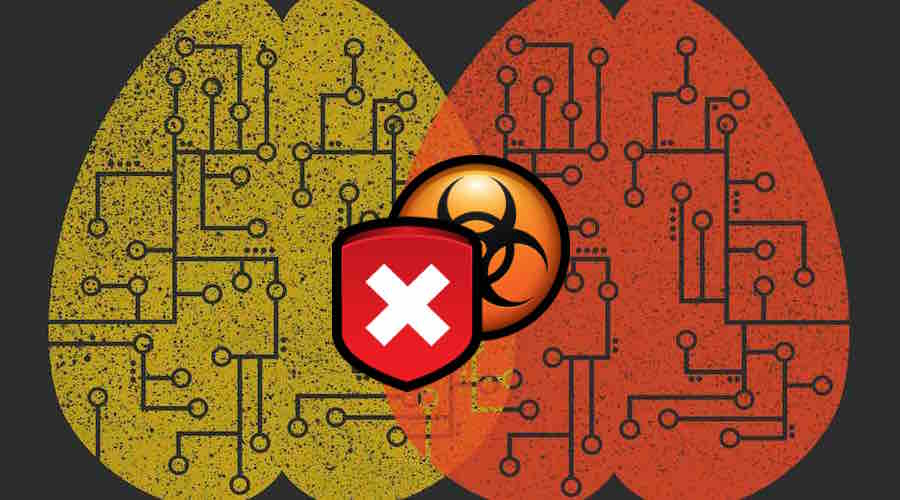Brain Malware — Here’s How Hackers Can Get Inside Your Head

 Short Bytes: For a moment, forget computer and smartphone malware. There’s even a bigger danger in town in the form of brain malware. By exploiting brain-computer interfaces (BCI) being used in medical and gaming applications, hackers can read your private and sensitive data. Recently, a team of researchers from the University of Washington shed more light on the subject, demanding a policy-oriented regulation on BCIs.
Short Bytes: For a moment, forget computer and smartphone malware. There’s even a bigger danger in town in the form of brain malware. By exploiting brain-computer interfaces (BCI) being used in medical and gaming applications, hackers can read your private and sensitive data. Recently, a team of researchers from the University of Washington shed more light on the subject, demanding a policy-oriented regulation on BCIs.
Imagine a scenario where you are dealing with your online bank accounts or browsing your favorite social network, and someone is busy reading your mind–gathering you most sensitive and private information.
While you might call this fictitious, researchers are busy exploring such situations and conducting experiments. With the advent of brain-computer interfaces (BCI), that are already being used for medical and non-medical purposes, there’s a need to implement some method to secure our brain signals from being misused.
The researchers at the University of Washington in Seattle, talking to Motherboard, say that there’s actually very little time. “If we don’t address this quickly, it’ll be too late,” they say.
Motherboard’s Victoria Turk recently interacted with Howard Chizeck, who is working Tamara Bonaci, and her team. They strapped Turk into a BCI swimcap to play Flappy Whale and recorded her brainwaves. While doing so, the researchers were also sending messages to her brain.
Turk says that as she played along, something unusual started happening and the logos of American banks started appearing and disappearing.

Researchers say that with this method, hackers can insert some images into apps and games, and record your brain’s response using the BCI. Doing so, hackers can know which banks they need to target or something more uncomfortable like your sexual orientation and fetishes.
The same technique can be implemented to read your mind for knowing your political or religious mindsets. Here’s what Bonaci has to say:
The researchers say that they haven’t perfected this art of mind-reading. But, they have been successful in reading people’s personal preferences based upon their strong emotional response. In such cases, after about 300 milliseconds of seeing a stimulus, there’s going to be a “positive peak hidden with their EEG signal.”
The researchers say that soon hackers will target people using fake and brain malware-packed games. Back in 2013, some researchers have already proved the possibility of side-channel attacks against BCIs, revealing private data like credit card pin, addresses, passwords etc.
The University of Washington researchers suggest that there should be a policy-oriented approach to figure out what’s acceptable to do with the data obtained from BCIs.
— Via Motherboard
Did you find this article interesting? Don’t forget to drop your feedback in the comments section below.
Also Read: Brain Hack: How Scientists Connected One Brain To The Other Over Internet







